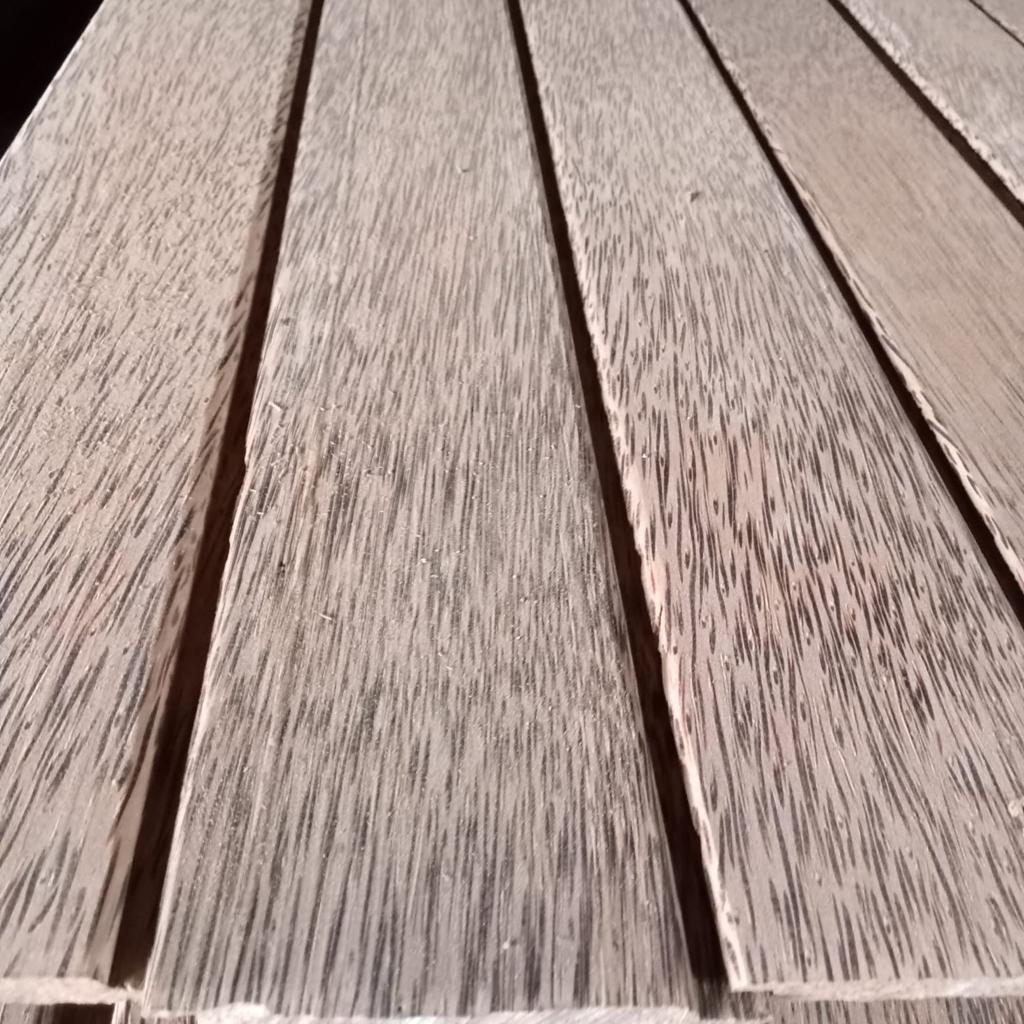Coconut trees are not only famous for their delicious fruit and versatile coconut oil but also for their remarkable wood. The wood derived from the coconut tree, often referred to as coconut palm wood, possesses unique properties that make it valuable in various applications.
Properties of Coconut Tree Wood
Strength and Durability: Despite its lightweight nature, coconut tree wood is surprisingly strong and durable. It has a high tensile strength, making it suitable for construction purposes, especially in regions prone to hurricanes and tropical storms.
Grain and Texture: Coconut tree wood typically features a straight grain with a fine texture, giving it an attractive appearance. Its natural color ranges from light to dark brown, adding warmth to any woodworking project.
Resistance to Pests and Decay: One of the most significant advantages of coconut tree wood is its natural resistance to pests, such as termites and beetles, as well as decay-causing fungi. This inherent resistance makes it an excellent choice for outdoor furniture and structures.
Uses of Coconut Tree Wood
Construction Purposes: In regions where coconut trees are abundant, their wood is commonly used for constructing houses, fences, and even boats. Its combination of strength and lightweight makes it ideal for building structures that can withstand tropical weather conditions.
Furniture Making: Coconut tree wood is also prized by furniture makers for its aesthetic appeal and durability. It is often used to craft elegant pieces of indoor and outdoor furniture, including chairs, tables, and bed frames.
Handicrafts and Decorative Items: The versatility of coconut tree wood extends to handicrafts and decorative items. Artisans carve intricate designs and sculptures from coconut wood, creating unique pieces that showcase its natural beauty.
Sustainability of Coconut Tree Wood
Renewable Resource: Coconut trees are renewable resources that can be harvested for their wood without causing harm to the environment. Unlike hardwood trees, which take decades to mature, coconut trees grow rapidly and can be replanted to ensure a continuous supply of wood.
Environmental Impact: Harvesting coconut tree wood has minimal environmental impact compared to other timber sources. Coconut palms thrive in diverse ecosystems, contributing to soil stabilization and biodiversity conservation.
Challenges and Considerations
Harvesting Practices: While coconut tree wood is sustainable, the harvesting process can pose challenges, particularly in regions with inadequate regulations. Improper harvesting practices may lead to deforestation and habitat loss.
Processing Techniques: The processing of coconut tree wood requires specialized techniques to maximize its usability and durability. Proper drying and treatment methods are essential to prevent warping and decay.
Comparison with Other Woods
When compared to traditional hardwoods like oak or mahogany, coconut tree wood offers unique advantages in terms of strength, durability, and sustainability. While it may not possess the same level of hardness as hardwoods, its lightweight nature and natural resistance to pests make it an attractive alternative.
Coconut Tree Wood in Traditional Cultures
In many tropical regions, coconut tree wood holds cultural significance beyond its practical applications. It is often used in traditional ceremonies, rituals, and crafts, reflecting the deep connection between communities and their natural surroundings.
Innovative Applications
With increasing interest in sustainable materials, coconut tree wood is finding new and innovative applications in modern design. From eco-friendly packaging to stylish home decor, designers are harnessing the unique properties of coconut wood to create environmentally conscious products.
Coconut Tree Wood in Modern Design
In the realm of modern design, coconut tree wood is valued for its rustic charm and eco-friendly appeal. Interior designers incorporate coconut wood accents into contemporary spaces, adding warmth and character to minimalist aesthetics.
Conclusion
In conclusion, coconut tree wood offers a sustainable and versatile alternative to traditional hardwoods. Its unique properties, coupled with its cultural significance and environmental benefits, make it a valuable resource for various industries. Whether used in construction, furniture making, or artistic endeavors, coconut tree wood continues to inspire creativity and innovation.

